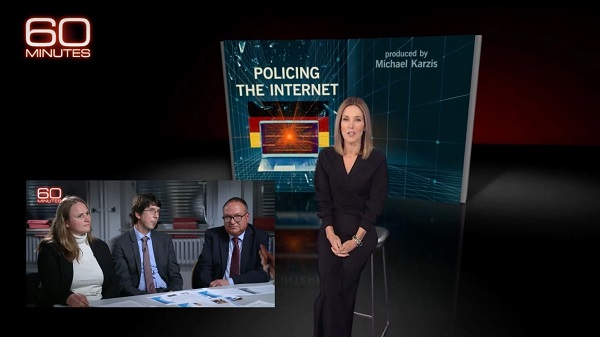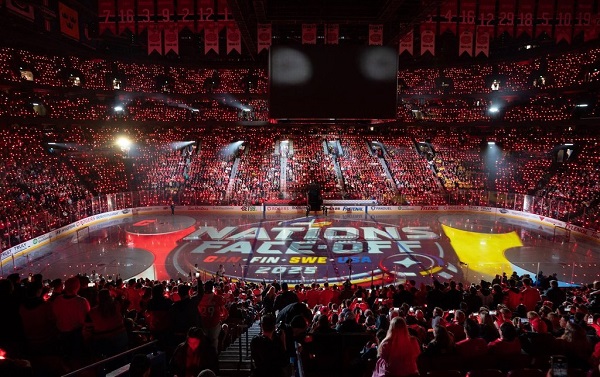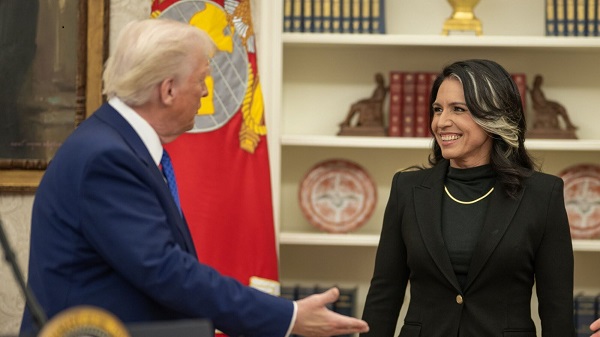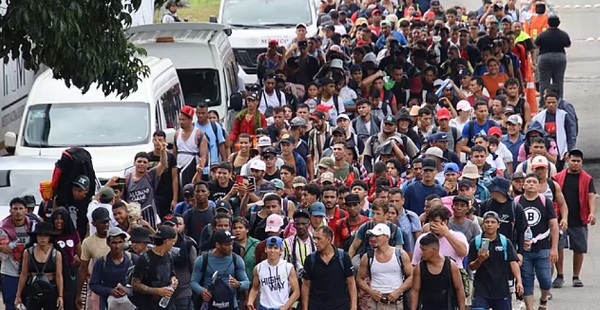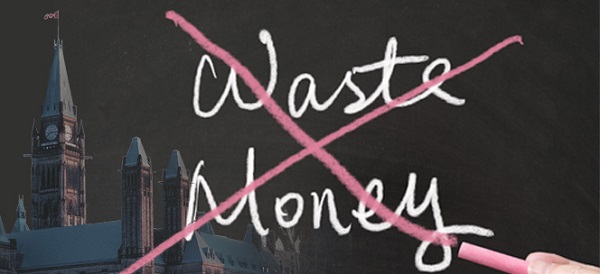Uncategorized
‘Riley Howell is a hero’: Student who attacked gunman lauded

CHARLOTTE, N.C. — David Belnap stood on his North Carolina college campus aching from the latest U.S. school shooting as he held a candle and wore a homemade T-shirt with “Riley Howell is a hero” written on the back.
Howell died in his classroom Tuesday at the University of North Carolina-Charlotte, charging and tackling a gunman who would kill him and another student and wound four others with a legally obtained pistol, authorities said.
Howell’s decision to fight for the lives of others fit his character, Belnap said Wednesday at a candlelight vigil on campus the night after the shooting.
“It seems very much like something he would do. I want that to be his legacy, that he lost his life to protect those he cared about,” the sophomore said about his friend.
Howell, 21, likely went through the same active shooter drills as countless other students of his generation. They were taught to run away if they can, hide if they can’t run and if the horrible situation arises where a gunman prevents those two choices — fight for their lives.
Howell knocked the assailant down, buying enough time for the first officer into the classroom to capture Trystan Andrew Terrell, Charlotte-Mecklenburg Police Chief Kerr Putney said.
The gunman had a lot of ammunition and while detectives aren’t sure if he was targeting anyone specifically Tuesday, they know he picked out the Kennedy Building and gave no indication he was going to stop shooting before Howell charged, Putney said.
“His sacrifice saved lives,” the chief said.
Howell was with classmates for end-of-year presentations in an anthropology class when the shooting happened.
In a statement, UNC-Charlotte said all the victims were students, five from North Carolina and one international. Howell, of Waynesville, and Ellis R. Parlier, 19 of Midland, were killed. Those wounded were Sean Dehart, 20, and Drew Pescaro, 19, both of Apex; Emily Houpt, 23, of Charlotte; and Rami Alramadhan, 20, of Saihat, Saudi Arabia.
Terrell, 22, was charged with two counts of murder, four counts of attempted murder and other charges. His first appearance in court was scheduled for Thursday afternoon.
The motive wasn’t clear. Terrell had been enrolled at the school but withdrew this semester, UNC-Charlotte spokeswoman Buffy Stephens said. Campus Police Chief Jeff Baker said Terrell had not appeared on their radar as a potential threat.
“I just went into a classroom and shot the guys,” Terrell told reporters Tuesday as officers led him handcuffed into a law enforcement building.
Terrell is under observation in police custody, and his father and attorney haven’t been allowed to speak to him, his grandfather Paul Rold said.
Terrell was on the autism spectrum but was “clever as can be” and bright enough to learn foreign languages, Rold said from his home in Arlington, Texas. He said his grandson wasn’t very social.
On Wednesday night, thousands of students and others thronged the school’s basketball arena for a campus vigil. Student body president Chandler Crean wiped away tears as the school chancellor said they couldn’t emerge unchanged from Tuesday’s shooting, but they could emerge stronger. He later said the university needs to use the shock of what happened to make the world better.
“What happened yesterday cannot happen again,” Crean said.
The father of Howell’s longtime girlfriend said news that he tackled the shooter wasn’t surprising. Kevin Westmoreland, whose daughter Lauren dated Howell for nearly six years, said Howell was athletic and compassionate — and would have been a good firefighter or paramedic.
“If Lauren was with Riley, he would step in front of a train for her if he had to,” Westmoreland said. “I didn’t realize it might come to that for somebody else.”
___
Sarah Blake Morgan in Charlotte; Martha Waggoner and Emery Dalesio in Raleigh; and Russ Bynum in Savannah, Georgia, contributed to this report.
Tom Foreman Jr. And Jeffrey Collins, The Associated Press
Uncategorized
Alleged Human Traffickers arrested in Red Deer, Montreal, and Edmonton
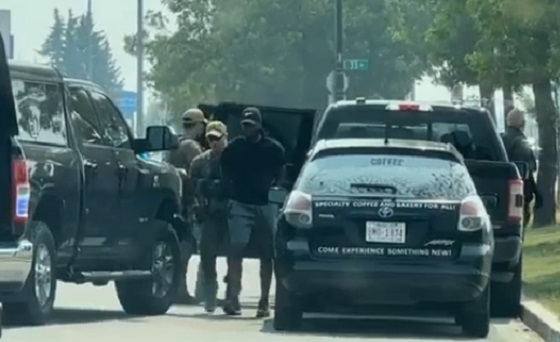
Human trafficking suspect arrested in Red Deer, July 2024
From Alert, the Alberta Law Enforcement Response Team
Three human traffickers arrested in Project Endgame
Three men have been arrested and stand accused of running a human trafficking operation that stretched across Canada; operating throughout Alberta, British Columbia, Saskatchewan, and Quebec.
Project Endgame was a year-long investigation led by ALERT’s Human Trafficking unit, and also relied on the assistance of the Edmonton Police Service, RCMP, and the Quebec joint forces Anti-Pimping team known as EILP.
Arrests and search warrants had taken place in Edmonton, Montreal, and Red Deer. A total of 23 charges related to human trafficking offences have been laid against Clyde Elien-Abbot, 31, Kevin Dorcelus-Cetoute, 31, and Jean Rodnil Dubois, 31. Elien-Abbot was arrested on January 31, 2025 in Edmonton, while the other two accused were arrested on July 23, 2024.
|
|
|
|
Uncategorized
All 6 people trying to replace Trudeau agree with him on almost everything
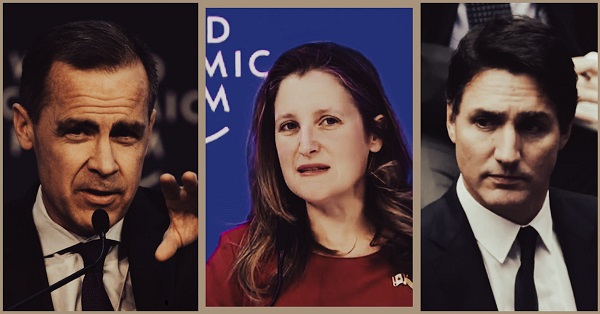
From LifeSiteNews
The Liberals are choosing a new face, but all six contenders seem likely to continue forcing Canadians down the same path as the PM they’re out to replace
With the Liberal leadership election just over a month away on March 9, Canadians are examining the six final contenders and questioning if they will bring change to the Liberal Party or carry on Prime Minister Justin Trudeau’s radical legacy.
The six contenders for Liberal leader and consequently, the next prime minister, are: Mark Carney, Chrystia Freeland, Karina Gould, Jaime Battiste, Frank Baylis and Ruby Dhalla.
While all the above candidates are promising to turn the Liberal Party around, their policies, both past and proposed, suggest little difference from the radical, anti-life and globalist agenda embraced by the Trudeau government.
Former Governor of the Bank of England Mark Carney
Carney appears to be the frontrunner for Liberal Party leader, with many mainstream outlets tacitly promoting him as a solution for Canadians, and numerous MPs having endorsed his campaign.
However, as LifeSiteNews has previously reported, Carney’s history suggests he would be an even more radical version of Trudeau.
While his impressive work experience certainly raises him in the estimation of Canadians, especially compared with Trudeau’s pre-political career as a drama teacher, the former Governor of the Bank of England, like Trudeau, openly supports abortion, the LGBT agenda and many of the tax and fiscal policies of the Trudeau government, such as the carbon tax.
Carney’s endorsement of energy regulations go even further than Trudeau’s, with the candidate having previously blasted the prime minister for exempting home heating oil from the carbon tax.
Carney has also been a longtime supporter of the globalist World Economic Forum, attending their infamous annual conference in Davos, Switzerland as recently as January 2023.
Carney routinely uses social media to advocate for achieving so-called “net-zero” energy goals, and even had his team bar multiple independent journalists from attending the press conference he held to announce his bid for Liberal leader.
Former Deputy Prime Minister Chrystia Freeland
Freeland’s bid for Liberal leader came as a surprise to many as it closely followed her resignation from Trudeau’s cabinet.
Freeland is perhaps best known internationally for her heavy-handed response to anti-mandate Freedom Convoy protesters, which saw the then-finance minister direct financial institutions to freeze the bank accounts of Canadians who participated in or donated to the protest.
Freeland, like Carney, also has extensive ties to the WEF, with her receiving a personal commendation from former WEF leader Klaus Schwab.
Interestingly, at the same time as Freeland announced her Liberal bid, the WEF’s profile on Freeland was taken down from their website. Additionally, the majority of Freeland’s Instagram posts have been removed from public view.
Many have speculated online as to the reason why these actions were taken, with some suggesting that Freeland desires to distance herself from the massively criticized group.
Critics often pointed to Freeland’s association with the group during her tenure as finance minister and deputy prime minister, as she was known for pushing policies endorsed by the globalist organization, such as the carbon tax and online censorship.
Former House Leader MP Karina Gould
Gould, an avid abortion activist, is perhaps best known for telling American women that they can have their abortions in Canada following the Supreme Court of the United States’ overturning of Roe v. Wade in 2022.
Gould is also known for continually advocating in favor of state-funded media, which critics have warned causes supposedly unbiased news outlets into de facto propaganda arms for the state.
In one example from September, Gould directed mainstream media reporters to “scrutinize” Conservative Party leader Pierre Poilievre, who has repeatedly accused government-funded media as being an arm of the Liberals.
Gould also claimed that Poilievre’s promise to defund outlets like the Canadian Broadcasting Corporation would deny Canadians access to important information, ignoring the fact that the Liberals’ own legislation, which she voted for, blocked all access to news content on Facebook and Instagram.
MP Jaime Battiste
Voting records show that in 2021 Battiste opposed a bill aiming to protect unborn children from sex-selective abortions. Later that same month, he voted to pass Bill C-6, which allows parents to be jailed for up to five years for refusing to deny the biological sex of their gender-confused children.
Furthermore, Battiste struck down a motion to condemn incidents of arson and vandalism of churches across Canada. In October 2023, a Conservative MP put forward a motion to denounce the arson and vandalism of 83 Canadian churches, especially those within Indigenous communities.
However, Battiste moved to adjourn the meeting rather than discuss the motion, saying, “I would like to call to adjourn debate on this if that’s what we can do, so we can hear the rest of the study, but if we have to, then I would rather discuss it in camera because it does have a way of triggering a lot of people who went through residential schools and the things they are going through.”
The Liberal government is known to be extremely lenient in their rhetoric when it comes to attacks on Catholic churches, with Trudeau even saying such behavior was “understandable” even if it is “unacceptable and wrong.”
Former MP Frank Baylis
Baylis served as a Liberal MP in 2015 but chose not to seek re-election in 2019. Now, he has thrown his hat in the ring as Liberal leader.
During his time as MP, Baylis was a staunch supporter of abortion. In 2016, he voted against a Conservative bill to provide protection to unborn children and pregnant mothers from violence.
Interestingly, Baylis is the former owner of the Baylis Medical Company of Montréal which was awarded a $282.5 million government contract for now “useless” ventilators during the COVID “pandemic.”
Former MP Ruby Dhalla
Dhalla served in the House of Commons from 2004 to 2011. Interestingly, Dhalla, born to Indian immigrant parents, has promised to deport illegal immigrants and “clamp down on human traffickers.” Dhalla’s stance sets her apart from the other Liberal candidates on the issue.
While Dhalla styles herself as an “outsider,” during her time as an MP, she worked to further abortion in Canada, voting against legislation to protect babies from violence in the womb.
In conclusion
It seems that no matter who is selected as the next leader of the Liberals, the party will remain one which prides itself on being pro-abortion, pro-LGBT, pro-euthanasia and globalist in vision.
While Trudeau may be taking the blame for the current state of the Liberal Party, with these 6 candidates it would appear that the party remains intent on pushing the same policies.
Although it is true that Trudeau’s political blunders, such as his repeated historical use of black-face or his inviting a Nazi-aligned World War II veteran into Parliament, have contributed to his popularity decline, it seems the policies behind the blunders are not his, but the Liberal Party’s itself.
-
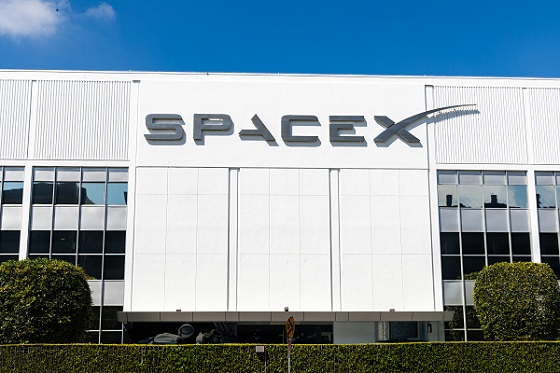
 Business1 day ago
Business1 day agoDOJ drops Biden-era discrimination lawsuit against Elon Musk’s SpaceX
-

 International2 days ago
International2 days agoJihadis behead 70 Christians in DR Congo church
-
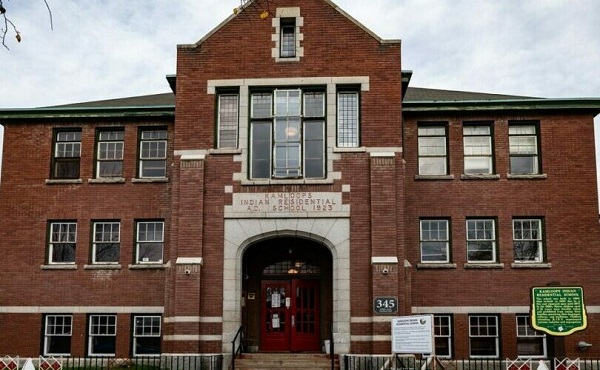
 Indigenous2 days ago
Indigenous2 days agoTrudeau gov’t to halt funds for ‘unmarked graves’ search after millions spent, no bodies found
-

 Business1 day ago
Business1 day agoPepsiCo joins growing list of companies tweaking DEI policies
-
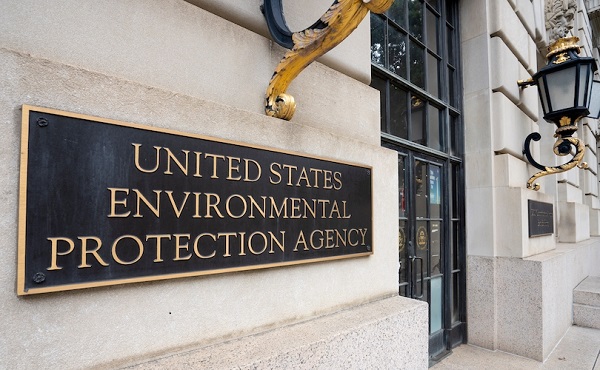
 Business1 day ago
Business1 day ago‘Out and out fraud’: DOGE questions $2 billion Biden grant to left-wing ‘green energy’ nonprofit`
-

 Business1 day ago
Business1 day agoWorst kept secret—red tape strangling Canada’s economy
-
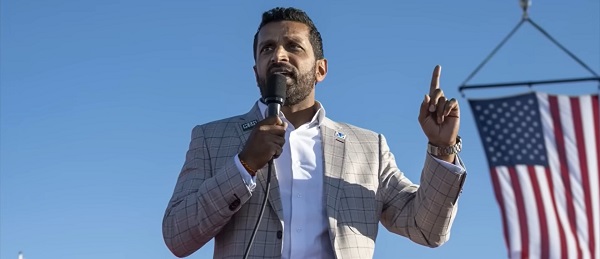
 Daily Caller1 day ago
Daily Caller1 day agoKash Patel First Statement As FBI Director, Tells Media ‘Bring It On’
-
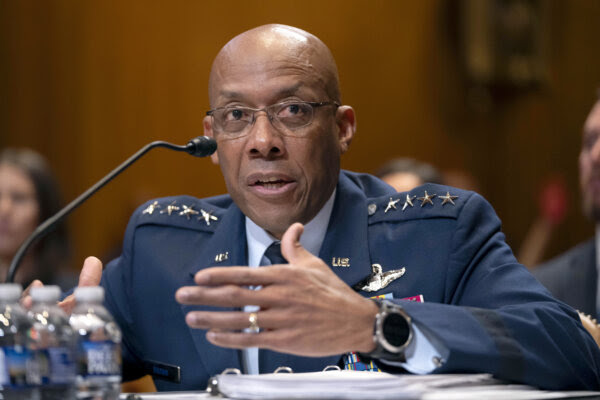
 armed forces1 day ago
armed forces1 day agoTrump fires chairman of Joint Chiefs of Staff, appoints new military leader



